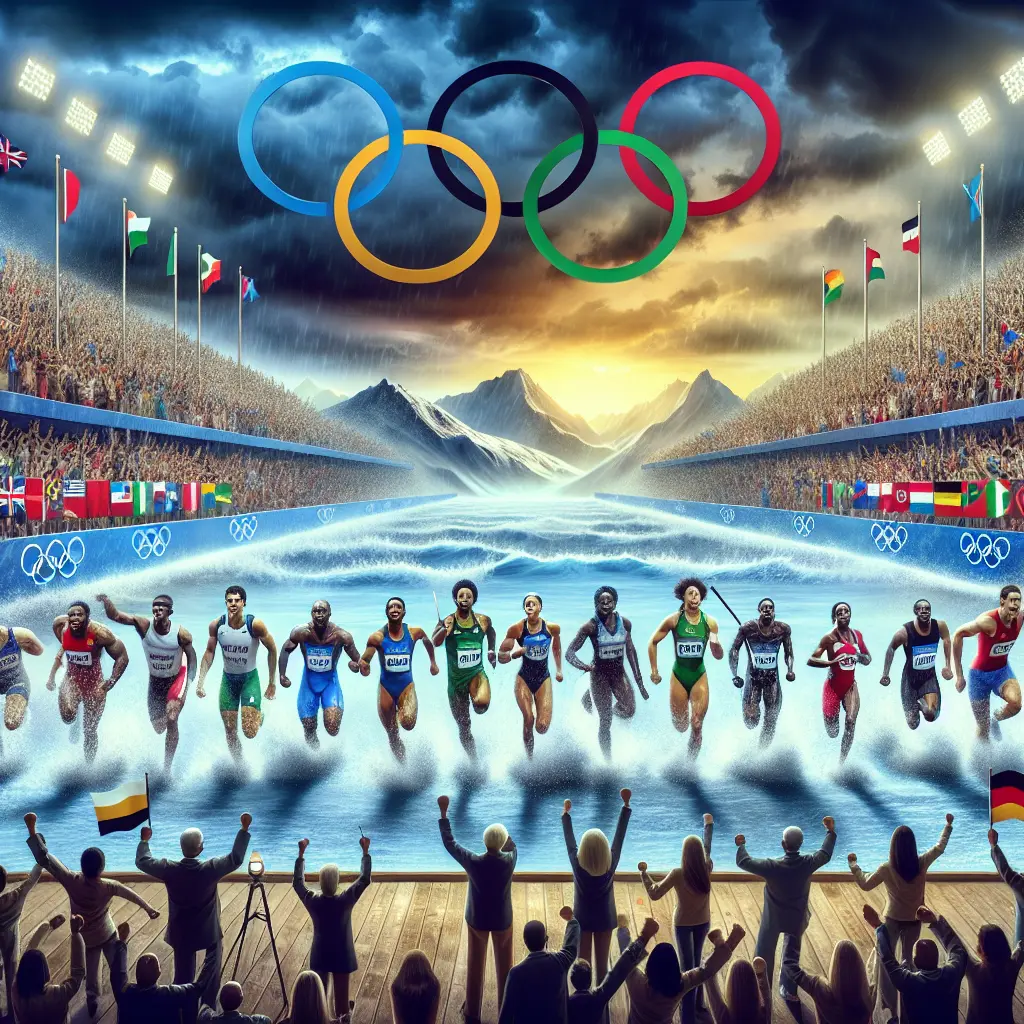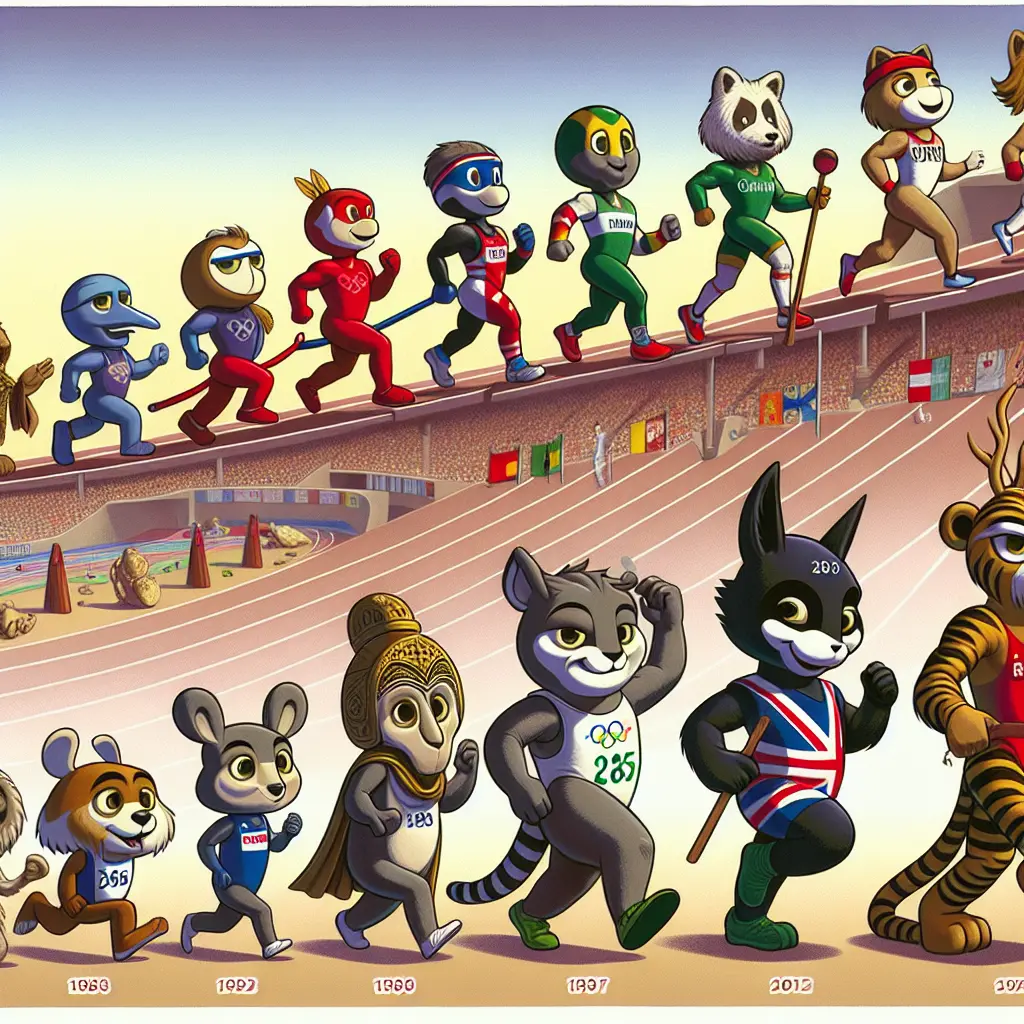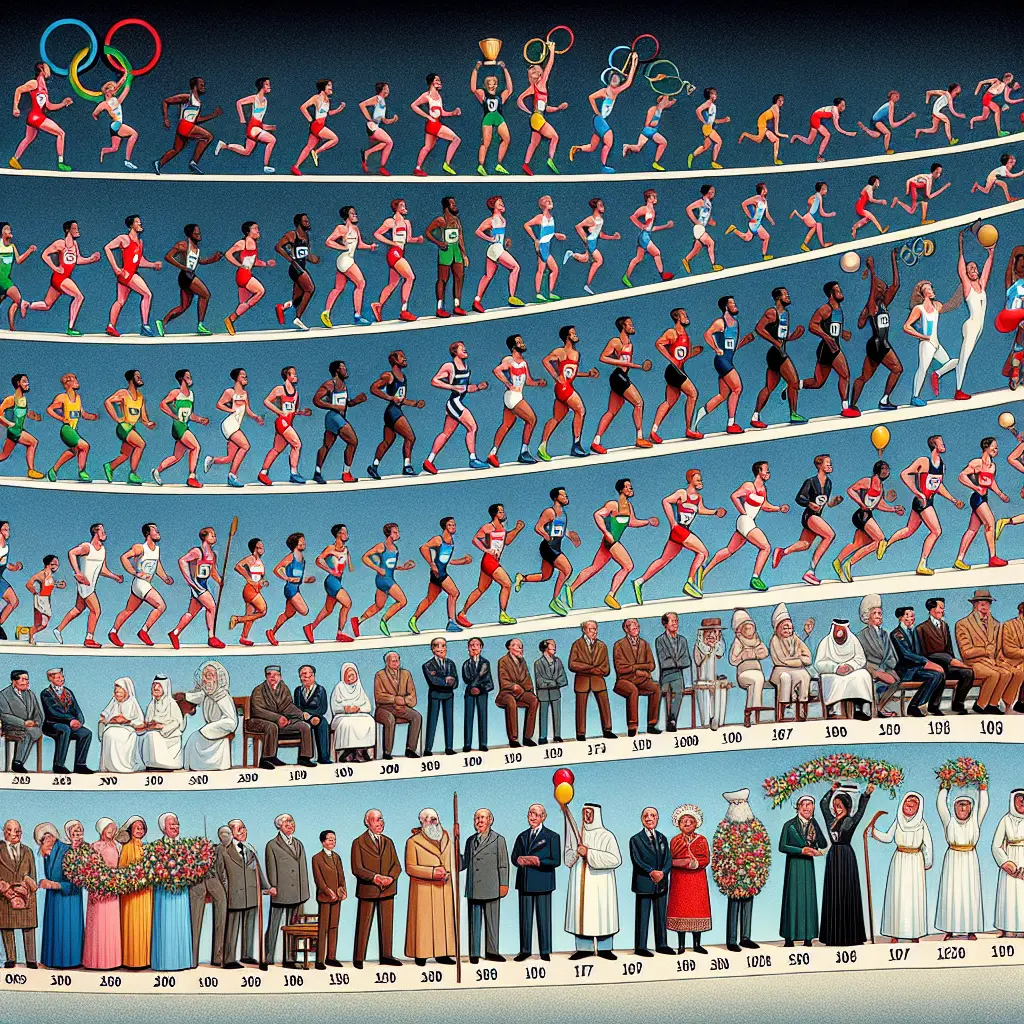In recent years, the global refugee crisis has intersected with the world of sports in a profoundly impactful way. The International Olympic Committee (IOC) has played a pivotal role in this integration, exemplifying how sports can serve as a platform for humanitarian efforts and inclusion. As the world gears up for upcoming Olympic Games, the spotlight intensifies on refugee athletes, symbolizing hope, resilience, and the unifying power of sports.
The Refugee Olympic Team first made headlines in the 2016 Rio de Janeiro Olympics. It was a landmark moment, not just for the athletes involved but for the global audience witnessing the powerful narrative of perseverance and human spirit. The IOC introduced this initiative to allow athletes who had fled conflict and persecution to continue competing, even if they no longer had a home country to represent. This move was not only about inclusion in sports but also about raising awareness of the global refugee crisis and sports' potential to offer solace and a sense of normalcy.
Since its inception, the participation of the Refugee Olympic Team has grown significantly. Each athlete’s story is a poignant reminder of the adversities faced by millions worldwide. These athletes, hailing from countries disrupted by conflict like Syria, South Sudan, and Afghanistan, find themselves in exile, yet their Olympic participation stands as a testament to their unyielding spirit.
The IOC has been instrumental in supporting refugee athletes through various programs. The Olympic Solidarity program, in particular, provides scholarships and training opportunities for athletes in exile. This support is crucial, not just for their sporting ambitions but also for their personal and professional development.
Refugee athlete achievements have been both inspiring and impressive. For instance, Yusra Mardini, a Syrian swimmer who once swam to save her fellow refugees from drowning at sea, competed in the 2016 and 2020 Olympics. Such stories highlight the extraordinary journeys of refugee athletes and their indomitable will to succeed against all odds.
Expansion of Refugee Sports Programs
Recognizing the positive impact of these initiatives, there has been a significant expansion of refugee sports programs globally. These programs aim to provide refugees with access to sports facilities and training, which is essential for their physical and mental well-being. Sports organizations worldwide are increasingly committed to inclusion, ensuring that refugees can continue to engage in sports at all levels.
The integration of refugees into global sports events like the Olympics also brings attention to the broader issues related to the global refugee crisis. It underscores the need for comprehensive solutions to aid those displaced by conflicts and disasters. Through sports, there is an opportunity to foster a greater understanding and dialogue about these complex humanitarian issues.
The success of refugee athletes at the Olympic Games provides a compelling narrative for inclusion in sports. It serves as a model that can be replicated in other sectors of society, advocating for greater acceptance and support for refugees worldwide. Inclusion goes beyond just participation; it's about recognizing and valuing the contributions of all individuals, irrespective of their background.
Beyond the Olympics, numerous humanitarian sports initiatives have sprung up around the globe. These initiatives not only help refugees stay physically active but also aid in their psychological recovery and social integration. Sports can serve as a universal language that helps bridge diverse communities and fosters mutual respect and understanding.
Looking Forward: The Role of Major Brands and Technology in Supporting Refugees
In an interesting convergence of technology and humanitarian support, major brands like Apple have also stepped into the arena. While Apple's recent moves, such as allowing developers access to its NFC technology or offering deals on gadgets like AirPods, MacBooks, iPads during Amazon Prime Day 2024 might seem unrelated, they play a part in a larger ecosystem where technology enhances lives—including those of refugees.
For instance, accessible technology can aid in education and communication for displaced populations. Programs leveraging technology to aid refugee integration could potentially collaborate with tech giants to improve their reach and efficacy.
The journey of refugee athletes in the Olympics is a profound narrative of resilience, hope, and the power of inclusion. It highlights how sports can transcend cultural and national boundaries, becoming a force for good in addressing global crises. As we continue to support and celebrate these incredible athletes, we are reminded of the enduring spirit of humanity and the unifying power of sports.
Thank you for joining me on this exploration of such an inspiring topic. May we continue to support these remarkable athletes and the initiatives that help pave their way to success.









Leave a Comment